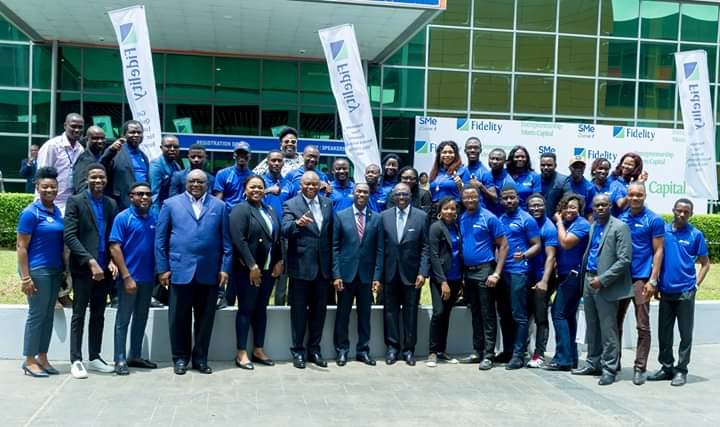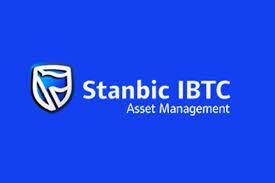Recovered Abacha loot: Social safety nets vulnerable to looting due to lack of data—BHIU
The recently returned $322m being looted government fund starched away by late former military junta, Gen. Sani Abacha according to the federal government, would be channeled towards the Conditional Cash Transfer Programme (CCTP) of the National Social Investment Programme (NSIP).
Minister of Finance, Mrs. Kemi Adeosun, who disclosed that the $322,515,931.83 Abacha loot recovered from the Swiss government, and already domiciled with the Central Bank of Nigeria (CBN), gave the details on how the money would be used.
The Minister spoke at a press briefing at the end of the 2018 International Monetary Fund (IMF) and World Bank Spring Meeting in Washington DC, United States.
According to the Minister, the Conditional Cash Transfer (CCT) is about paying N5,000 monthly to the poor and vulnerable persons in Nigeria. The money is paid bi-monthly at N10,000 for each beneficiary.
She said “The objective of the National Social Safety Nets Project for Nigeria is to provide access to targeted transfers to poor and vulnerable households under an expanded national social safety net system”.
However, there have been questions on how the federal government arrived at the present data of the poor and vulnerable persons in Nigeria that are receiving the monthly or bi-monthly payments.
Investigations by Business Hilights Intelligence Unit (BHIU) on how the data was generated by the government could not be conclusive as efforts made to get the details failed to yield results.
Besides, efforts to identify any of the beneficiaries in some states failed as nobody was willing to agree that he or she is a recipient.
But according to a development economist, Dr. Ken Igboanugo, “a record of any poor and vulnerable persons in a society can only be generated from a credible census done on household units of a given community or state”.
“Since the controversial 2006 census till date, there had not been any census in Nigeria. Besides, there is no portion of the census form that requires respondents to say if they are poor or vulnerable.
“So the lack of such provisions in that census and inability of the current government to conduct another census requiring such details has raised a serious question of how and where the government gathered the statistics to tag any Nigerian poor and vulnerable so that he or she can quality for social scheme of such nature.
Another analyst who pleaded anonymity argued that “It is worrisome that up till now, no human rights crusader has asked the federal government on how it generated the database of poor and vulnerable Nigerians”.
“So to me, when there is no clear database known to every Nigerian on how to qualify to be tagged a poor and vulnerable Nigerian, any fund directed at such programme is as good as gone to a drain pipe.
“The truth of the matter is that the government owes Nigerians a duty to roll-out factors considered to tag a Nigerian poor and vulnerable. Is it by age, lack of jobs, being uneducated, not being housed or what?









